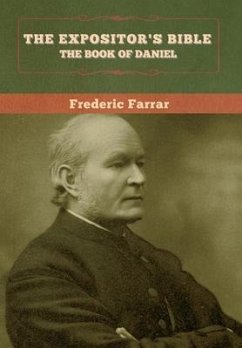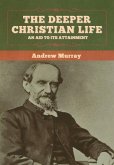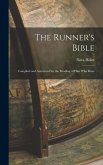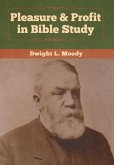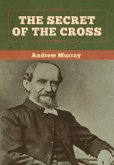Frederic William Farrar (Bombay, 7 August 1831 - Canterbury, 22 March 1903) was a cleric of the Church of England (Anglican), schoolteacher and author. He was a pallbearer at the funeral of Charles Darwin in 1882. He was a member of the Cambridge Apostles secret society. He was the Archdeacon of Westminster from 1883 to 1894, and Dean of Canterbury Cathedral from 1895 until his death in 1903. Farrar's religious writings included Life of Christ (1874), which had great popularity, and Life of St. Paul (1879). His works were translated into many languages, especially Life of Christ. Farrar believed that some could be saved after death. He originated the term "abominable fancy" for the longstanding Christian idea that the eternal punishment of the damned would entertain the saved. Farrar published Eternal Hope in 1878 and Mercy and Judgment in 1881, both of which defend his position on hell at length. Farrar was accused of universalism, but he denies this belief with great certainty. In 1877 Farrar in an introduction to five sermons he wrote, in the preface he attacks the idea that he holds to universalism. He also dismisses any accusation from those who would say otherwise. He says, "I dare not lay down any dogma of Universalism, partly because it is impossible for us to estimate the hardening effect obstinate persistence in evil, and the power of the human will to resist the love of God." In April 1882, he was one of ten pallbearers at the funeral of Charles Darwin in Westminster Abbey; the others were: The Duke of Devonshire, The Duke of Argyll, The Earl of Derby, Mr. J. Russell Lowell, Mr. W. Spottiswoode, Sir Joseph Hooker, Mr. A. R. Wallace, Professor Huxley, and Sir John Lubbock. (wikipedia.org)
Hinweis: Dieser Artikel kann nur an eine deutsche Lieferadresse ausgeliefert werden.
Hinweis: Dieser Artikel kann nur an eine deutsche Lieferadresse ausgeliefert werden.

